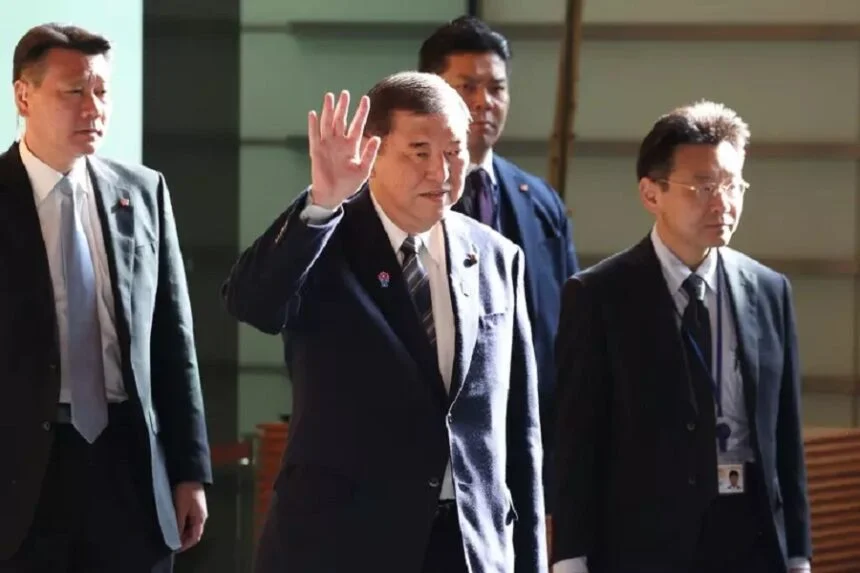If the United States wants to negotiate with Japan on trade, it must reconsider all existing tariffs as a precondition, said Tokyo’s top trade envoy after returning from a second round of talks in Washington.
Japan, a key U.S. ally and its largest investor, is subject to standard 10% tariffs like most countries, along with higher tariffs on automobiles, steel, and aluminum—despite President Donald Trump announcing (and then suspending for 90 days) a 24% tariff on Japanese and other imports earlier in April.
Envoy Ryosei Akazawa told reporters in Tokyo that both sides had made “progress” toward an agreement but stressed Japan’s insistence that all tariffs be reviewed.
“We told them the entire range of tariffs—including those on cars, auto parts, steel, and aluminum, as well as reciprocal taxes—are unacceptable, and we strongly insisted they be reconsidered,” said Akazawa.
“If this demand is not included in a final package, we will never be able to reach an agreement,” he added.
Automobiles made up around 28% of Japan’s exports to the U.S. in 2024. This morning, Prime Minister Shigeru Ishiba reaffirmed that “Japan and the United States remain distant and still cannot find common ground.”
Also today, the Trump administration imposed a new 25% tariff on imports of auto parts, including engines and transmissions—a move Ishiba called “regrettable.”







